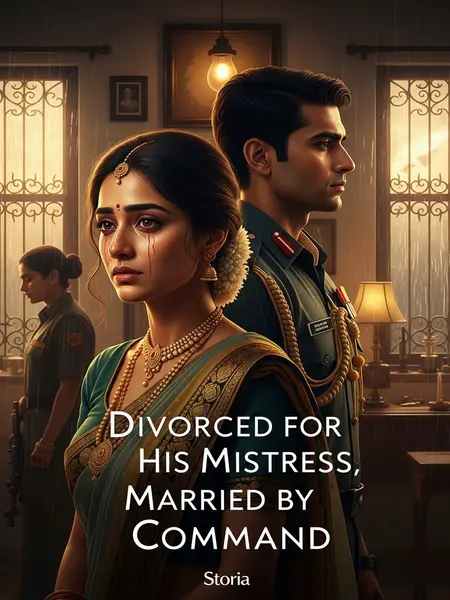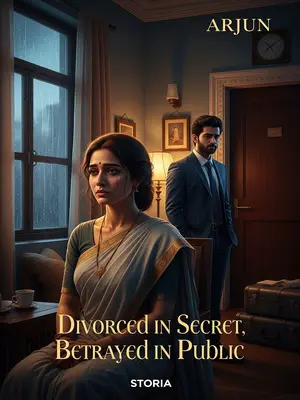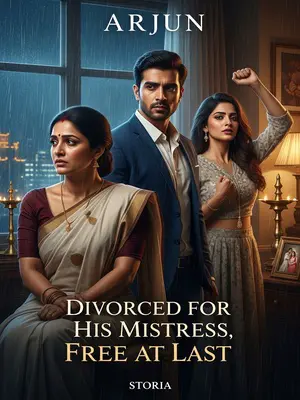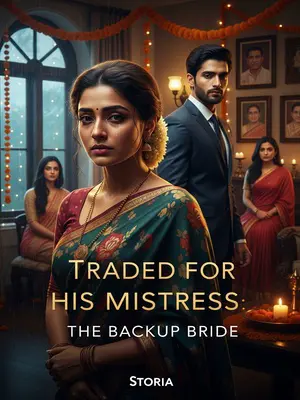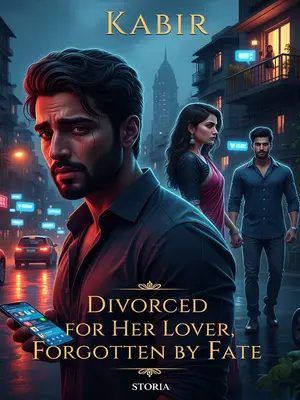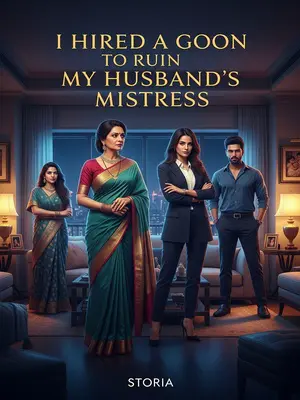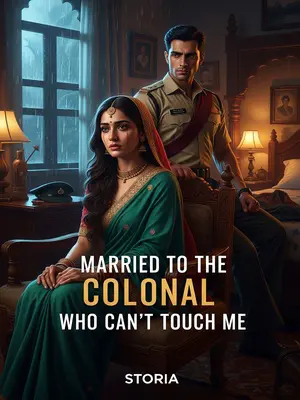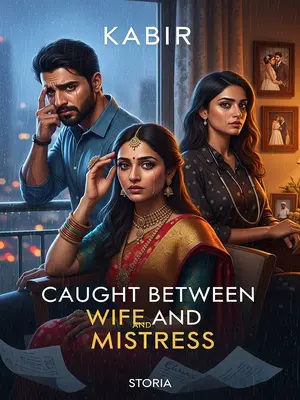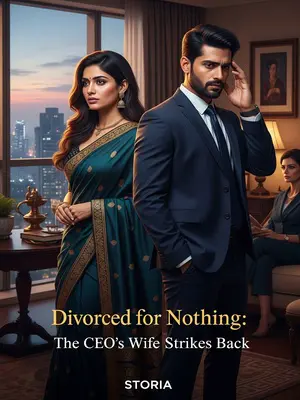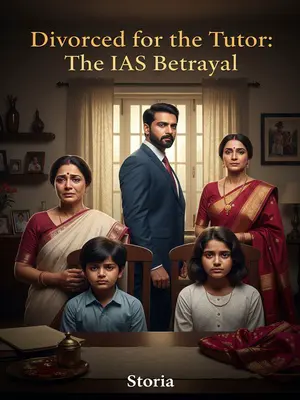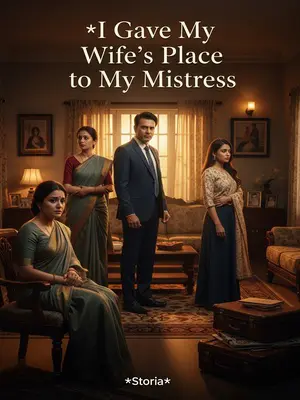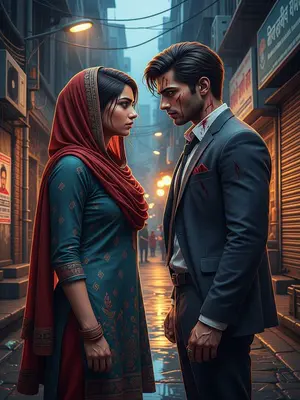Chapter 5: Shelter and a New Proposal
According to the law, a woman could not set up her own household. Not unless she was truly alone in the world.
If divorced, she could only take her dowry back to her maternal home. That was the rule—everyone knew it, from the chaiwala to the family priest.
But my parents had died early. At eight, I was fostered by my uncle and aunt. They took me in as family, but I always felt like a guest at someone else’s wedding—welcome, but not truly wanted.
So-called maternal home was only my uncle and aunt’s house. My mother’s old trunk, my father’s books—locked away, gathering dust in a storeroom.
When I married, my uncle and aunt had already kept half of my parents’ estate. I was too young to protest, and too lonely to refuse their hospitality.
I did not want to go back.
So I was in no hurry to submit the divorce papers to the authorities, but entered the government guest house instead. The staff there greeted me with hesitant politeness, unsure how to address a woman alone.
The Chief Minister’s wife and my mother had been old friends. She had once cradled me as a baby, her bangles clinking gently against my cheeks.
Half of my dowry had been added by her, each gift carefully chosen for a daughter she loved as her own.
"You and Rohan are divorced?" Her voice was soft, but the concern in her eyes was sharper than a knife.
I don’t know why.
When Rohan signed the divorce papers without a blink, I didn’t cry.
When I left his house alone with my luggage, I didn’t cry.
But now, with just a gentle question from the Chief Minister’s wife, my tears fell all at once. The dam burst, and I couldn’t stop.
"Don’t cry, don’t cry. It’s good to be divorced, it’s good." She pulled me into her lap, her saree smelling of sandalwood and jasmine, her fingers cool against my burning cheeks. She rocked me like a child, and for a moment I let myself be small.
"That scoundrel’s affairs—who in Mumbai doesn’t know!" She clicked her tongue, anger flashing in her eyes.
I quietly rested my head on her lap, gently wiping away my tears. Her hand stroked my hair, untangling not just knots but heartache too.
"Now that you’re divorced, what are your plans?"
In truth, I rarely troubled her with my woes—
Whether it was hardship in my uncle’s family, or my unhappiness after marrying Rohan. I always kept my sorrow wrapped up, like an old saree at the bottom of a trunk.
She was busy with social work; I dared not burden her.
But this time, I told her everything. Every humiliation, every hope that had died a slow death.
I rose and knelt:
"So before I find a suitable candidate to remarry, I must trouble you for a while."
"If uncle and aunt refuse…"
"You’ve decided to remarry?"
She suddenly asked, eyebrows arching in surprise.
I nodded.
If I had to go back to my uncle’s family, I’d rather remarry. But this time, I would not fall in love, would not grow attached, would not seek harmony—
Just a place to settle down. Somewhere to exist without questions, without shame.
She seemed to see through me, suddenly slapping her thigh:
"I happen to have an excellent candidate!" Her eyes sparkled with new hope, and she was already planning my future before I could protest.
Kabir, known as Kabir Singh.
The only son of the Colonel’s family. Their name was respected from Pune to Patiala.
The Chief Minister’s wife’s own nephew. He was that rare breed—brought up on discipline, but with a heart as soft as fresh bread.
At thirteen, he went to military school; at eighteen, he became a captain. The pride of his regiment, and his mother’s world.
The only problem: at twenty-one, he was still unmarried, let alone with children. Aunties at every wedding would click their tongues and whisper, "Such a nice boy, but still single!"
But this ‘only problem,’ compared to his family background and military merit, was nothing. For a man like him, a solution could always be found.
"Ah," she sighed, "you don’t know, he… he…"
She shyly covered her mouth and whispered four words in my ear. My cheeks flushed, but I nodded, understanding perfectly.
I understood at once. The reason was simple, but in our society, even the smallest difference becomes a mountain.
But I didn’t expect it to happen so quickly.
I had just promised her to meet him someday to see if we were suitable. I imagined a polite tea, perhaps, or a stroll through the garden.
The very next day, for some reason at the border, he hurried north. The urgency of a military order was matched only by the hope of meeting his future wife.
Rumour had it he didn’t stop for a moment, and changed three trains to get here. The colonel’s son, riding in general compartment, his duffel bag slung over his shoulder.
Seven days later, before dawn, he knocked at the door of my temporary flat. Chitra peeped through the window, her eyes round as ladoos.
I had heard some rumours about him—
A little General, a man feared by all. The kind who never smiled, never bent a rule.
But what I saw was a gentle young man in white kurta, brighter than snow. His hair was still damp from his morning bath, and he smelled faintly of attar.
He stood ramrod straight, duffel bag at his feet, looking like he’d salute the ceiling fan if it asked. He held a paper fan, pointed at the moon about to set:
"I see that tonight the moon is big and round…"
He paused, cleared his throat, and tried again:
"I see tonight the moon is bright and the stars are few, the moon is like a silver plate, the moonlight like water, the night is clear and the moon’s shadow sways, and the champa is fragrant. I have come to talk with you."
I nearly burst out laughing. Even Chitra ducked into the kitchen, hiding her giggles behind a steel tumbler.
The General, good at sports, loved to tear books, and hated pedantry the most. He was famous for skipping poetry lessons and fighting over cricket matches.
It seemed this marriage truly worried him. Was he actually afraid I would look down on him? I felt a strange fondness bloom in my heart.
"Kabir, no need to be nervous."
I led him inside. "Aunty has already told me about your situation. If you have anything to say, just say it."
I was already prepared. My mind was made up, my heart no longer naive.
But I didn’t expect him to be so direct.
"Aunty has told you everything?"
I nodded.
He took a deep breath.
"These are the deeds to my fields and land. You’ll manage them in the future."
"These are my bank FDs. You may withdraw or deposit as you wish."
"This is the divorce agreement I’ve already signed."
"If ever there’s any unhappiness, you may use this document to regain your freedom, and everything under my name will belong to you."
"Priya." He presented the thick stack of documents, without even pausing for breath: "Marry Kabir Singh as your husband!"
His earnestness was so pure, so unembellished, that for the first time in years, I felt my heart stir.
